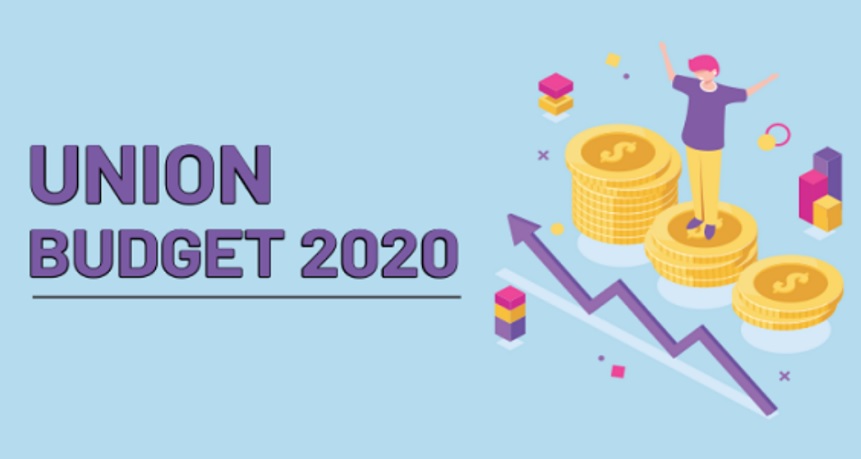As the Union Budget of India for 2020-2021 will be presented on 1 February, Industry experts have their expectations from the Finance Minister, Nirmala Sitharaman to bring the corrective measures which will drive the economy forward. Here is what experts expects from the budget.
 |
Union Budget 2020
Talking about his expectations for Infrastructure and real estate Pradeep Misra, CMD, Rudrabhishek Enterprises Limited (REPL) says, “The Real Estate & Infrastructure sector will be looking for major policy changes and roll-out plans of previous announcements, such as Alternative Investment Fund (AIF) to pull out stressed and stalled projects. More importantly, the infrastructure industry status for the overall Real Estate sector, along with the provisions of single-window clearance is highly expected by the industry players.”
Further increase on existing Rs. 2 Lakh tax rebate for housing loan interest paid by customer will also be an important announcement, which can help in cleaning the inventory. The finance minister many also consider to tax-incentivize the buyers who are paying instalments well in time or buying the property through their own savings. This will infuse liquidity in the market.
A clear-cut guideline in the direction of land reform is much needed to bring down the project cost and make housing truly affordable across sections. It is expected that the government will include Input Tax Credit (ITC) in GST for under-construction homes, address the liquidity crisis and clarify the roadmap for Rs 100 lakh crore infrastructure development plan.
Moving to the Retail Industry Ravi Saxena, Managing Director, Wonderchef Home Appliances Pvt. Ltd. hopes for Introduction of National Trade Policy and says, “The retail sector is expecting that the government will expedite the process of National Trade Policy which will give a substantial push to the sector.”
Apart from this, it would really be a welcome step if the government eases out the FDI norms. The government should allow the Indian-borne retail enterprises to raise up to 49 percent foreign capital under the automatic route without restriction irrespective of being a single brand or multi-brand. Also, the government should consider allowing the accumulated input tax accrued on account of input services, capital goods, where input tax is higher than output GST.
Further, Samrat Chowdhery, Director, Council for Harm Reduced Alternative, and International Tobacco harm reduction advocate wants govt to set up Tobacco Control Fund to address the public health crisis. He says, “Tobacco is the single largest killer of Indians and Union Budget 2020 must have adequate focus on addressing this public health crisis. A dedicated Tobacco Control Fund (TCF) should be set up for running tobacco control programmes. The revenue generated from the sale of tobacco products should be allocated for the TCF and the exiting National Tobacco Control Cell should aim at promoting cessation alternatives that will result in saving lives and reduce the healthcare burden of the government.”
Despite over a million annual deaths and $22 billion per year economic loss, the tobacco crisis in India is not getting the attention or urgency it deserves. A part of the problem is that our tobacco control policies are being framed based on moral correctness than driven by scientific data, robust research and pragmatism, which renders them largely ineffective. Tobacco research in India remains of poor quality, for which the TCF should earmark significant investments.
Dr. Ambrish Kumar, Founder logycode is looking forward to the National logistics policy which will solve a lot of problems of the Logistics Industry. He adds, “The logistics sector is eagerly looking forward to the announcement of National Logistics Policy in the forthcoming budget which will be instrumental in formalizing the economic and policy regulations for the sector. The sector which is predominantly unorganized looks for correction in terms of common digital platform and single window for the stakeholder for approvals and authorizations from various govt. bodies.
The budget should ideally address the key issues like bringing the cost down, improving the export competitiveness, single window system and improving India’s ranking in the Logistics Performance Index. Besides this the Government should also develop a mechanism to promote the start-ups which are venturing into developing digital platforms for ‘ease of doing business’ in the supply chain.”
(Disclaimer: The above press release comes to you under an arrangement with Newsvoir India and this publication takes no editorial responsibility for the same.)
